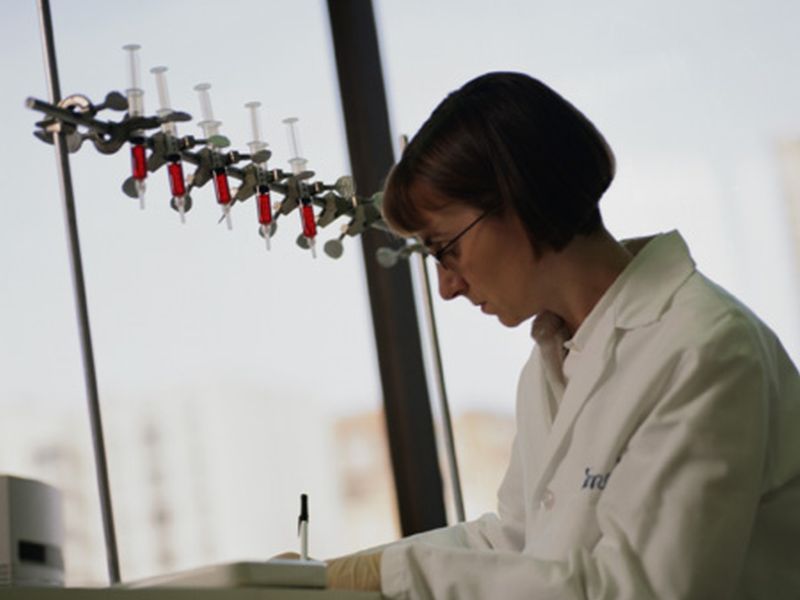The Pew Research Center poll of more than 4,400 adults found that 86% have at least "a fair amount" of confidence in scientists to act in the public interest. That includes 35% who said they have "a great deal" of confidence, up from 21% in 2016.
Sixty percent of respondents also said scientists should play an active role in policy debates about scientific issues.
The results suggest Americans' confidence in scientists is similar to confidence in the military but higher than for the media, business leaders and elected officials, according to Pew.
The findings exposed significant political fault lines surrounding the role of scientists in policy debates.
Democrats (43%) were more likely than Republicans (27%) to have a great deal of confidence in scientists. Seventy-three percent of Democrats said scientists should play an active role in policy debates, while 56% of Republicans said scientists should establish solid facts and then stay out of the wrangling.
While 54% of Democrats said scientists are generally better than others at making decisions about scientific policy, 66% of Republicans said scientists' decisions are the same as or worse than other people's.
Perception of bias also differed. Sixty-two percent of Democrats said scientists base their judgments solely on facts, while 55% of Republicans said scientists are just as likely to be biased as other people.
The poll focused on scientists in three fields (medicine, nutrition and the environment) and six specialties. Those specialties included medical research, medical doctors, nutrition researchers, dietitians, environmental research scientists and environmental health specialists.
The more familiar respondents were with scientists' work, the more positive and trusting they were toward it, the poll found.
But many are skeptical about scientists' integrity. Less than 20% said they think specialists are usually or always transparent about potential conflicts of interest.
And the poll found that blacks and Hispanics were more likely than whites to say research misconduct is a "very big" or "moderately big" problem.
The nationwide poll has a margin of error of plus or minus 1.9 percentage points.








0 Comments